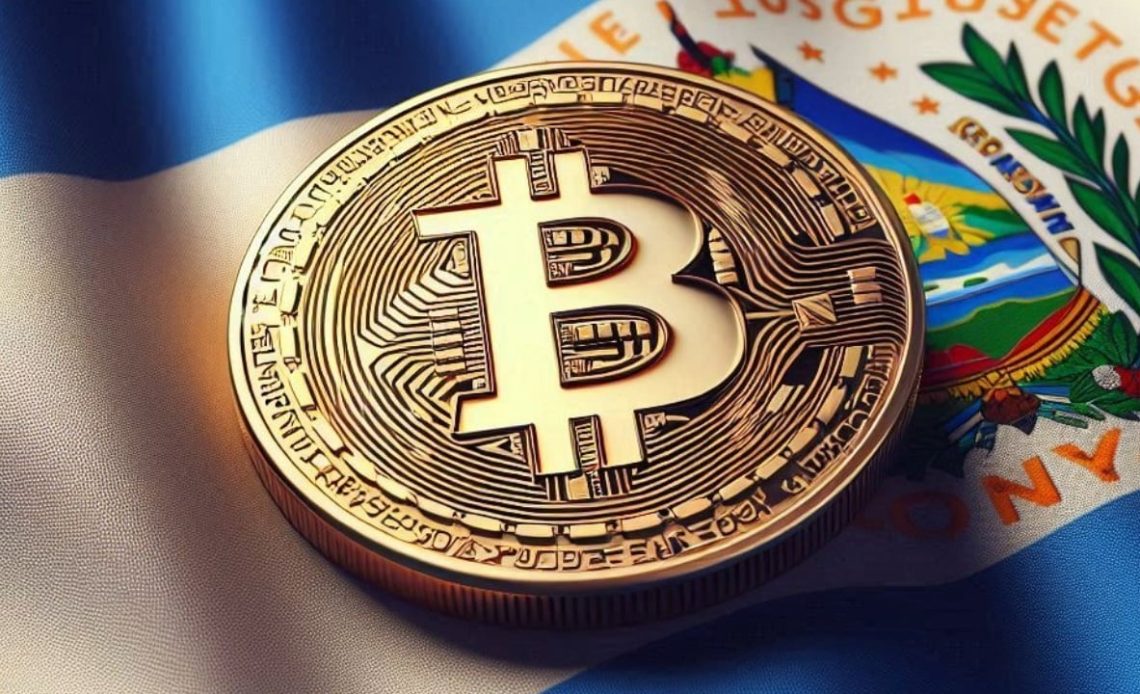
Welcome to Latam Insights Encore, a deep dive into Latin America’s most relevant economic and cryptocurrency-based news from last week. In this edition, we discuss the recent proposal from El Salvador to settle their trade transactions with Russia using crypto, and how this might encourage other nations to do the same.
El Salvador Might Start a Trend of Making Crypto an International Settlements Standard
The proposal of El Salvador to take advantage of another undeveloped relevant crypto use case might raise the alarms of international regulators and conglomerates around the world. According to Alexander Ilyukhin, the First Secretary of the Russian Embassy in Nicaragua, El Salvador has proposed to use crypto to ease trade settlements between the two countries.
El Salvador is officially dollarized, meaning it ditched its national currency and adopted the U.S. dollar as its fiat currency. This, according to the diplomat, makes calculations and transactions difficult. This might be the first time a country officially proposes using crypto as a medium of exchange in international trade and highlights the benefits of using it as a tool away from geopolitical conflicts and its related sanctions.
Bitcoin, and other tokens, can simplify trading by allowing them to perform payments without using traditional dollar-based channels like SWIFT, avoiding the enactment of sanctions and secondary sanctions by Western countries that supervise these systems.
Other nations, like Russia, are planning to add crypto payments to their weapon portfolio to continue trading with other friendly countries outside the Western-controlled financial system. Stablecoins might be useful in this sense, as PDVSA, the Venezuelan state-owned oil company, is already settling contracts in USDT, the largest stablecoin in the cryptocurrency market. However, Tether, USDT’s issuer, has said it would comply with any sanctions proposed by the U.S. government via the Office of Foreign Asset Control (OFAC).
Nonetheless, bitcoin and other decentralized assets like ether, can’t be blocked directly, and are more fitting to this use case. If this gets extended, it might be the rebirth of crypto as an international medium of exchange, an application that has not been widely exploited yet.
Source: Bitcoin



